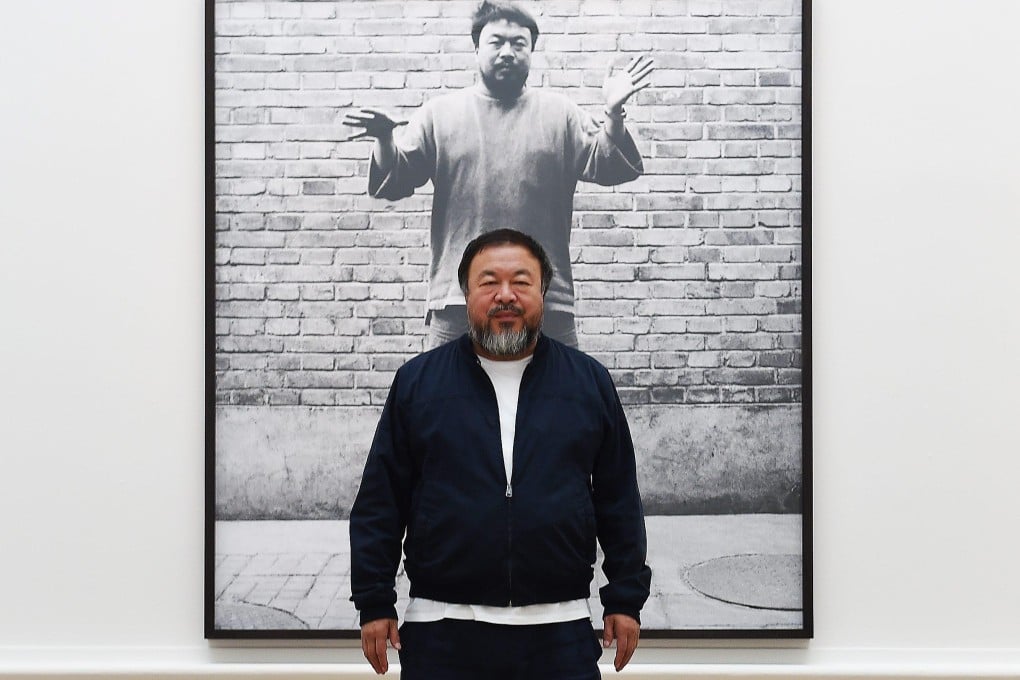My Take | When celebrated dissidents find the grass isn’t greener on the other side
- Ai Weiwei joins a long line of dissenters such as Aleksandr Solzhenitsyn and Liu Xiaobo who became disenchanted by the West

After criticising Israel for its scorched-earth military operation in Gaza and defending Palestinian human rights, Chinese dissident artist Ai Weiwei had his long-planned exhibition at the famed Lisson Gallery in London abruptly cancelled in November. When asked about the experience at the weekend on Sky’s Sunday Morning, a current affairs TV programme in Britain, the 66-year-old likened it to political censorship in China.
“I grew up within this heavy political censorship,” he said. “I realise now, today in the West, you are doing exactly the same.”
Referring to the suspension of two New York University professors for comments related to Gaza, he added: “This is really like a cultural revolution, which is really trying to destroy anybody who [has] different attitudes, not even a clear opinion. So I think that this is such a pity, that it happened in the West, so broadly in universities, in media, in every location. In universities or political sector – everywhere – you cannot talk about the truth.”
It’s a recurrent phenomenon. Celebrated dissidents from enemy states of the West find out the other side isn’t much better and may even be worse in some respects.
It would be almost heartbreaking when dissidents – such as Aleksandr Solzhenitsyn, the Soviet-era novelist – realised they weren’t welcome criticising the West, and that their real value wasn’t in telling the truth as they saw it but only in serving Western propaganda against their own governments.
Liu Xiaobo
